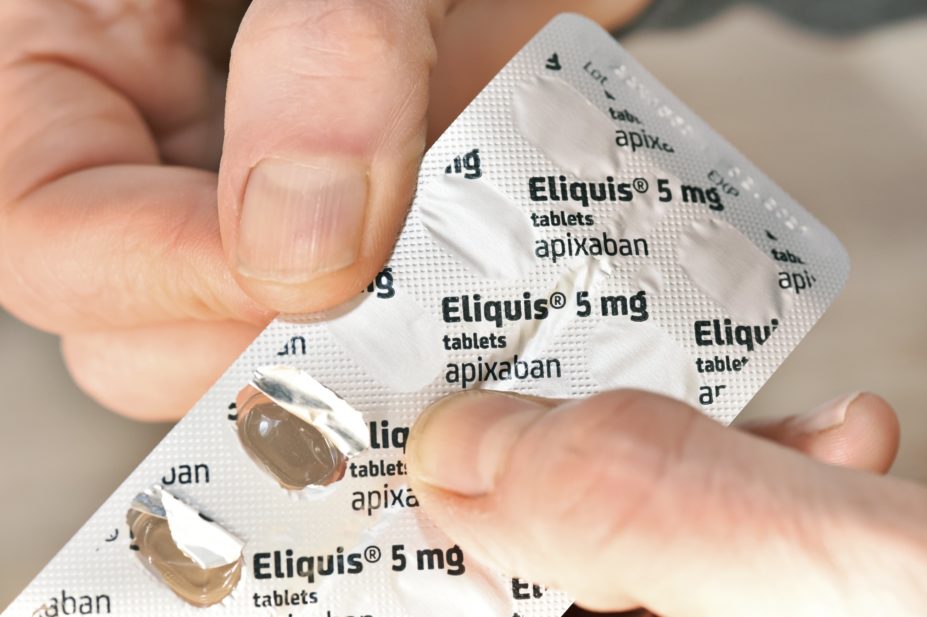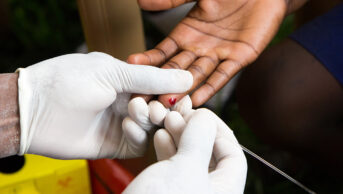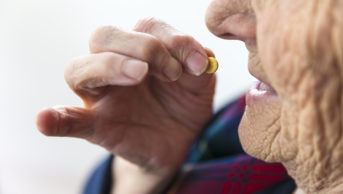
Science Photo Library
A UK charity has expressed patient safety concerns over draft guidance issued by the National Institute for Health and Care Excellence (NICE) on the management of atrial fibrillation (AF).
Thrombosis UK told The Pharmaceutical Journal that the proposed guidance reflected a “lack of consideration” of the issues that affect patient safety, such as renal dose adjustment, drug interactions, age and bodyweight dose adjustment.
The draft guidance, which was open for consultation until 4 November 2020, proposed recommending that patients with AF and a CHA2DS2-VASc score of 2 take the direct oral anticoagulants (DOACs) apixaban or dabigatran twice daily, and that edoxaban or rivaroxaban, which are taken once daily, should only be offered if apixaban and dabigatran are not tolerated.
Current guidance, which was published in June 2014, advises that anticoagulation “may be with apixaban, dabigatran etexilate, rivaroxaban or a vitamin K antagonist”.
It also recommended that, for people on warfarin, the potential risks and benefits of switching to a DOAC should be considered in light of their level of international normalised ratio control.
Beverley Hunt, medical director of Thrombosis UK, said it was “difficult to understand why the draft guidance is suggesting taking away DOAC options that offer a once-a-day dose”.
“There may be many patients better suited to a once-a-day treatment and for dependent patients who are reliant on carers, a once-a-day option is often much easier to manage, while multiple doses may impact on compliance and increase burden on carers,” she said.
She added that the NICE committee’s “inappropriate” comparison between trials with different patient populations — and underlying stroke and bleeding risk — had resulted in “flawed” conclusions regarding relative effectiveness.
The draft guidance also recommended that clinicians discuss the option of switching treatments in adults with AF who are already taking a DOAC other than apixaban and dabigatran or a vitamin K antagonist and are stable.
Hunt said the charity was “very alarmed” by this recommendation. “We cannot see any scientific or patient-centred reason for that recommendation; why would you swap if someone is doing well? Switching can bring risk factors so if there’s no need to make that switch why would you do it, especially during a pandemic when the NHS is already under considerable pressure?”
In April 2020, NHS England published guidance on switching anticoagulation during COVID-19, which recommended considering all DOACs for the prevention of AF-related stroke. Hunt said the NICE guideline was “completely out-of-sync with this”.
“Looking ahead, we are very concerned of the impact restricting DOAC prescribing for AF could have on other conditions requiring anticoagulation therapy, such as venous thromboembolism,” she said.
“Anticoagulation is recognised as a high-risk therapy. While AF is the area of greatest anticoagulation prescribing, by restricting prescribing of NICE-approved therapies to this group, it may well have a serious impact for others.
“Unnecessarily reducing expertise of non-specialist clinicians in managing DOACs for other therapy areas could result in these patients being placed at risk or inadvertently have reduced access to approved, suitable therapies.”
Explaining the rationale behind the guidance, the NICE committee said their recommendations were based on evidence from an analysis of “several studies” and an economic model.
They said that the clinical evidence showed that DOACs performed differently depending on the outcome: “When all these outcomes were combined in the cost-effectiveness analysis, apixaban was the clinically most effective option, followed by rivaroxaban and dabigatran,” the committee said.
“When costs were also considered, apixaban and dabigatran emerged as the most cost-effective options, based on their list prices.”
A spokesperson for NICE added that consultation on the draft guideline was an integral part of the NICE guideline development process, and comments received during consultation would be fully considered by the independent guideline committee before the final recommendations are agreed.


